
Rewriting is HARD. Rewriting will make you want to throw your computer out a window. I keep telling myself there’s some sort of formula here, there’s gotta be some equation for success, completion, and contentment with this novel that I am missing. Unfortunately, there is not. All you can do is chew your cuticles until their bloody and hope you’re making some headway.
I was talking to a friend about a novel she’s dabbling with, and I told her about my rewrite hell. Her reply was, “I don’t want to have to do that. I want to get it right the first time.” The thing is, I don’t think this dabbling friend is quite to the point where you start seeing your work with a different eye, one that isn’t looking from behind rose-colored glasses of our own can-do-no-wrong greatness. Rather than irritating me, like this might have in the past when I would have felt inadequate given that I have to rewrite my novel, I was actually relieved. I wasn’t foolishly throwing myself into a titanic endeavor (this ship won’t sink! Shit…it has sunk) when I began penning this work. I also thought my novel would be good to go when I finished. Because I started writing, whole-heartedly believing in what I was doing, I now have something worthwhile to rewrite. I laid down a foundation in which I could see theme, character, and plot in their rawest forms and extract them to distill them to perfection. My point is, rewrites are a big part of being a writer, and the sooner you accept that, the less crazy–I mean, the happier you’ll be. 🙂 <–see? Happy.
So here is a list of a 6 tips to surviving the sea of madness, self-doubt, joyful torture, an grueling work of rewriting:
1. Every time you have that moment of pure self-doubt, that moment of ‘why do I think I can do this? What on God’s green earth made me think I could be a writer?’, just ask yourself what else you enjoy doing this so much? What gives you as much of a reward after expending so much sweat, blood, and tears? That’s right. Nothing. And THAT is why you keep doing it.
2. In the vein of #1, read one of your favorite books. Recapture the magic you felt when you first read it. Remind yourself that the magic of that novel, in part, composes your own writerly spirit, and that now is the time to pay that great novel/author tribute.

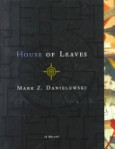

3. When have trouble getting something out, when that blinking cursor mocks your every false start, just walk away. Do something else, something completely non-related to writing. Some people say TV kills creativity *cough* Stephen King *cough* and sometimes they’re right. But I often find that things that move me, including awesome television programs, offer inspiration, open up my well of creative impetus. It is sometimes in those moments that you aren’t obesessing about your rewrite that you find a way to fix a particular problem or get a eureka moment.
4. Write long-hand. This is something I recently embraced while slogging through the torturous rewrites of my first novel, The Prey and the Predator. Every time I sat down to my computer, all I wanted to do was copy and paste from the old document, which I’d promised myself I would NOT do. The whole point of rewriting was to bring the entirety of the work up to my current writings standards, to update the pieces that I wrote when I was fourteen years old and have been repeatedly cut and resown back together throughout the years, to smooth everything out. The exact way to NOT follow through with this is to cut and paste. So though I refer to a printout of my most recent version of the MS and my newfangled chapter-by-chapter outline, when I restrict myself to writing long-hand, I am wont to create something that contributes to my new, tightened premise that is more focused and succinct.
5. Submit what you feel most uncertain about to a trusted friend. Be this a critique partner or just a friend/family member who willingly reads your stuff and usually enjoys it. Ask them to be honest with you. After forcing out my first chapter of my rewrite, all the while asking myself the questions I mentioned in #1, my critique partner admitted that she felt like she was betraying me by liking it so much. But it is this encouragement, her genuine interest in it, and her helpful suggestions of what could be improved that made me realize it wasn’t as bad as I had imagined it to be. I was just so crippled by fear that I couldn’t see past that to the reality of the situation.
6. Research and network. This is a lonely calling we have rooted ourselves in, for better or worse. It makes a world of difference to feel connected to the wide writerly world out there, other people enduring the same struggles as ourselves and even people seeing success erupt from those hardships. Subscribe to Writer’s Digest, check out the articles on Writer, Unboxed, browse through others’ blogs and comment. It’s a good way to make a writing friend, a new connection in the writing world, a new synapse in a network you will continuously be growing. I feel so in tune to the writing world right now that it’s starting to get downright creepy with Writer’s Digest mirroring whatever my current concerns are. This article for one, assures me that everything I’m doing is just what I’m supposed to be doing. Also, at the risk of sounding like an advertisement for Writer’s Digest, the latest issue had tons of great articles in it on topics I was just fixating on: “What Literary Journals Really Look For”, “34 Markets for Genre Short Stories”, “Science Fiction & Fantasy: Balancing Exposition in Speculative Fiction”, and the eeriest, as I was just wondering what this genre was all about anyway, “Exploring the World of Steampunk”.
Just be open to connections with people, which may mean researching, branching out, and leaving a trail of breadcrumbs back to your online presence via comments on blogs or writing websites. It meant so much to receive an invite to write together sometime from a new friend in the blogosphere; it was all I needed to hear in that moment to assure me that all of this, the public presence though all I want to do is hole up and write, the tweeting, and tumbling (that I never update. Shhh), maintaining this blog, are all worth it. Because there are other people out there, just like me–just like you–who are also afraid sometimes but are genuinely good people sharing in the same struggle.
Did my reassuring, calming Bob Ross tone come through this post and inspire you to keep slogging through your own rewrite hell? What are your methods for coping through these perilous times?

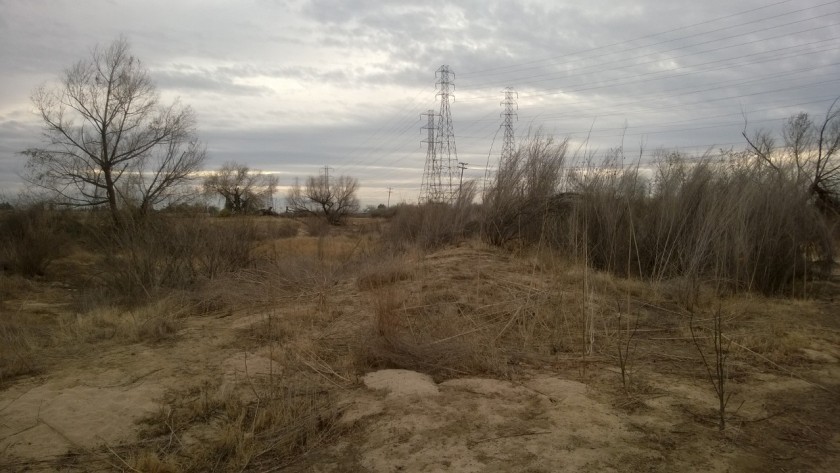

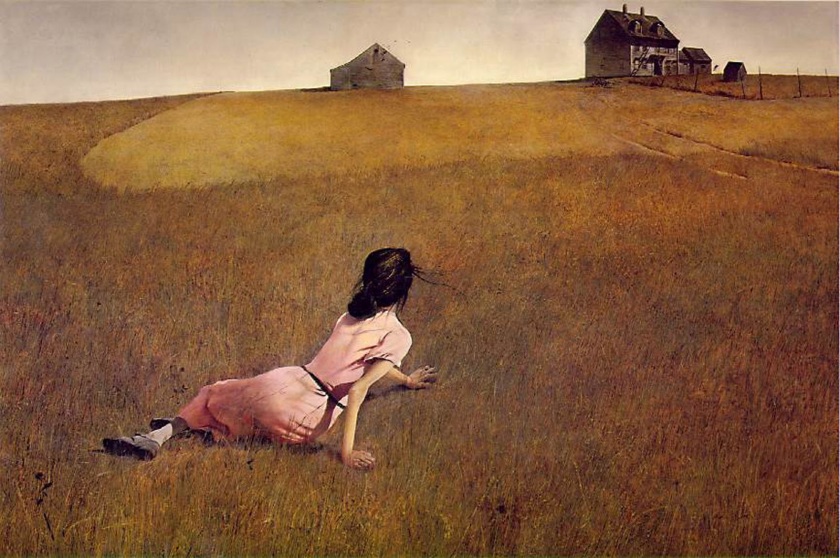
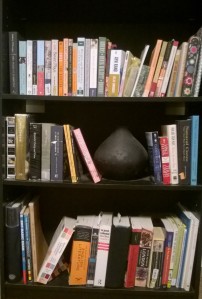
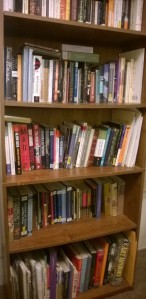
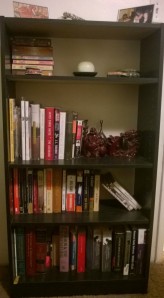
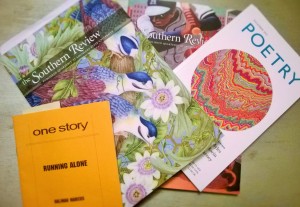

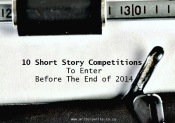

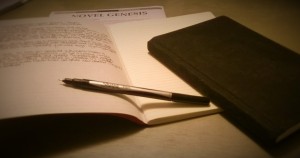
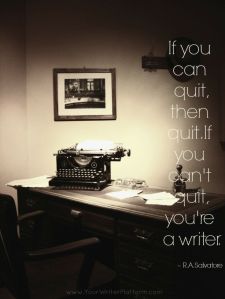
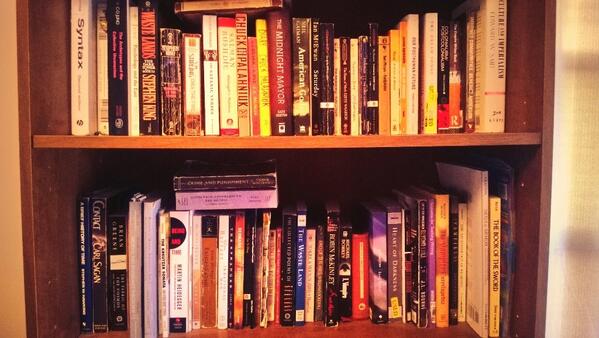
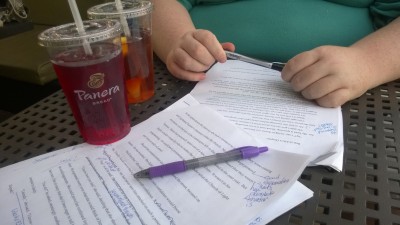

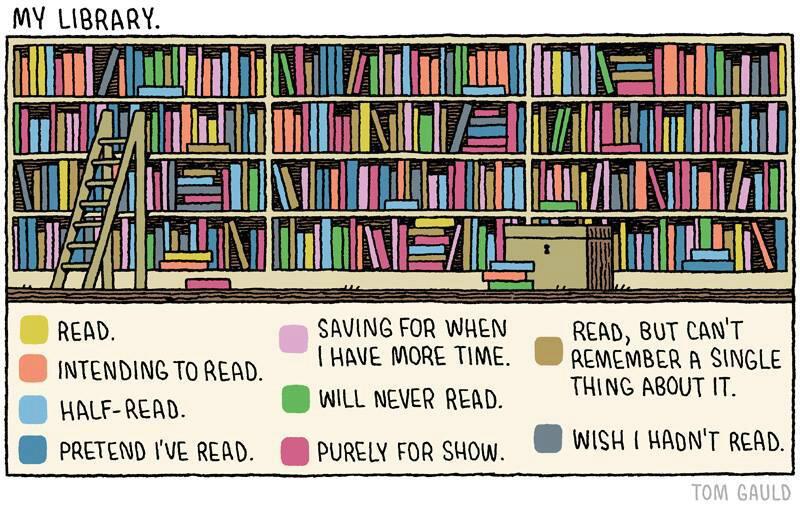
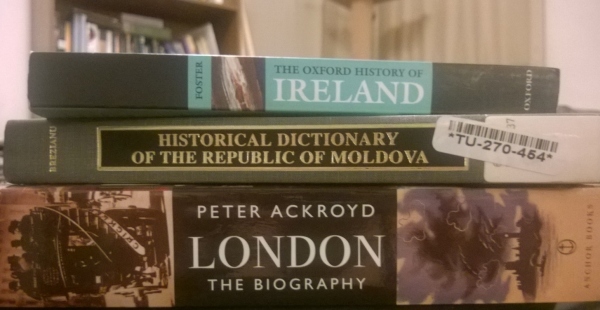
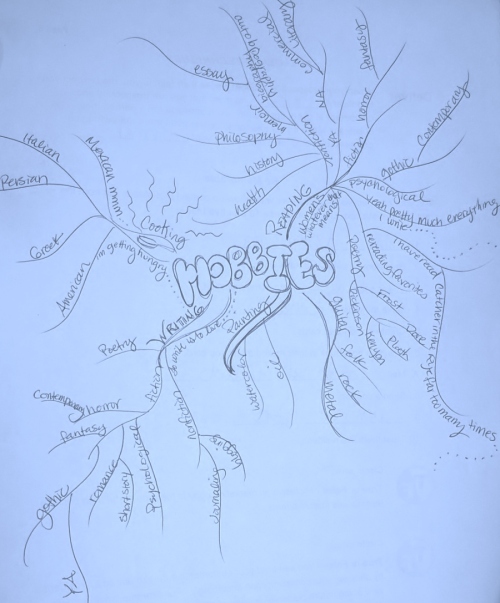
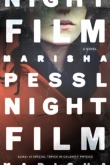
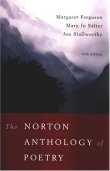
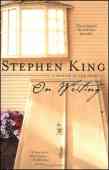
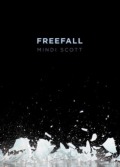
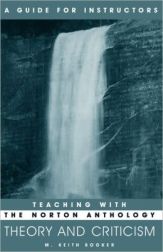

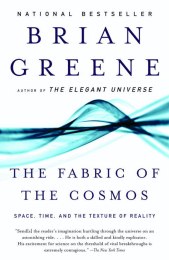




You must be logged in to post a comment.